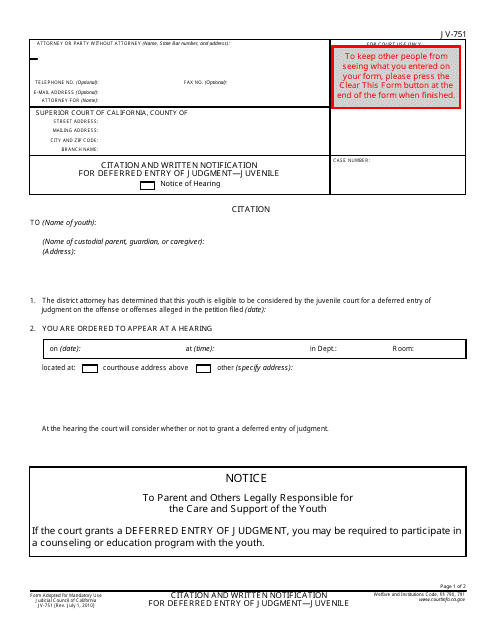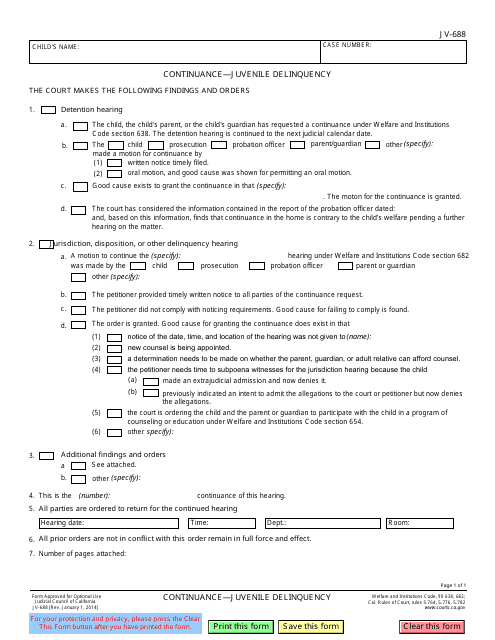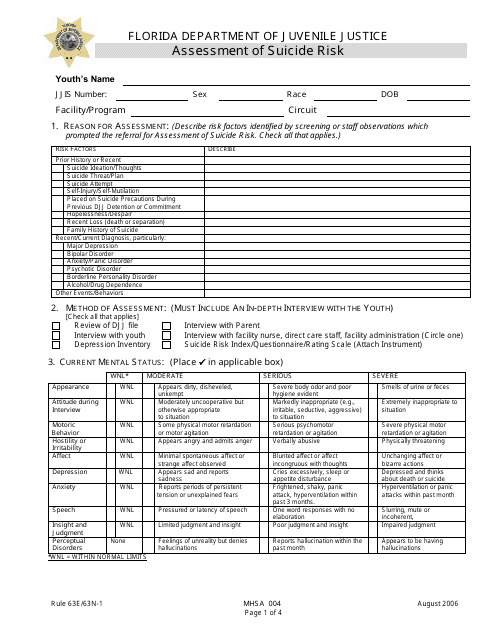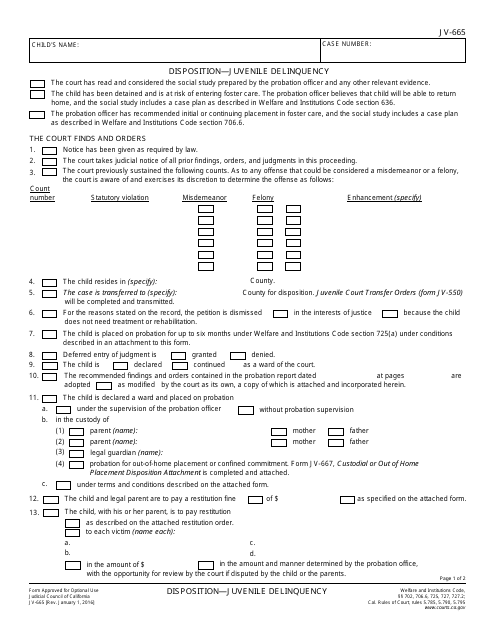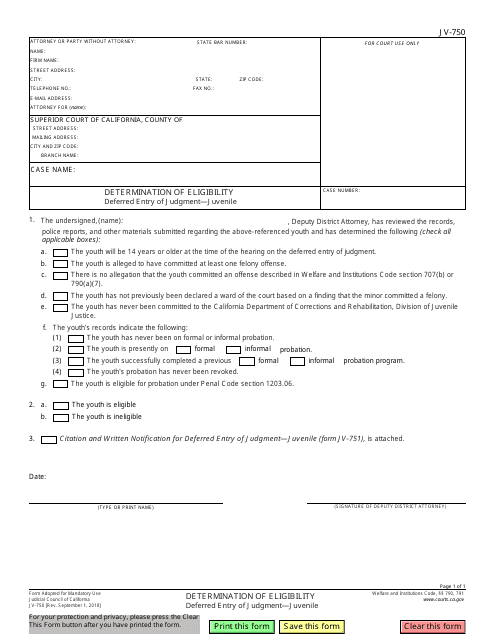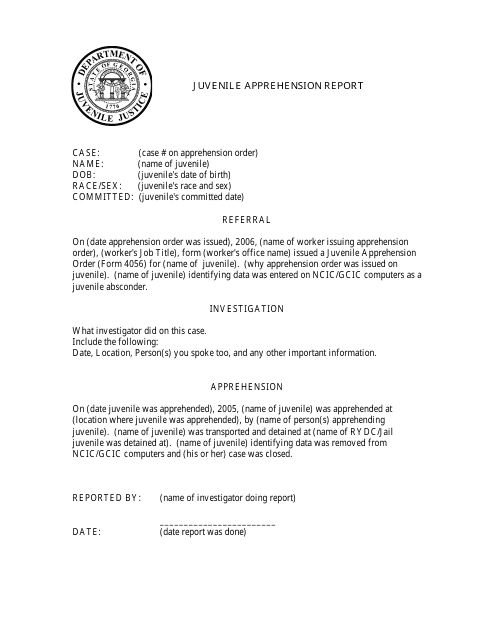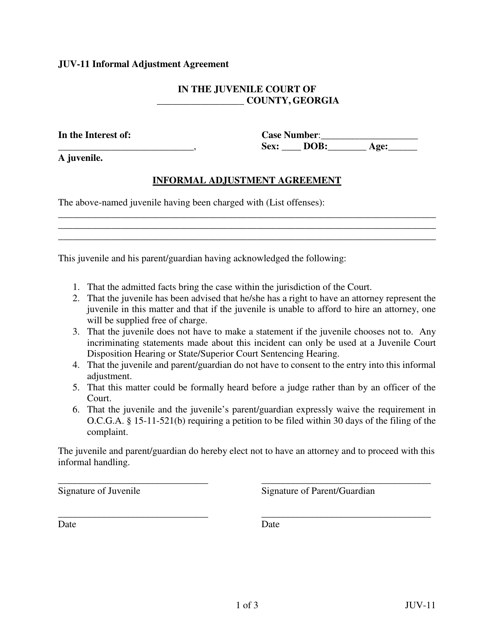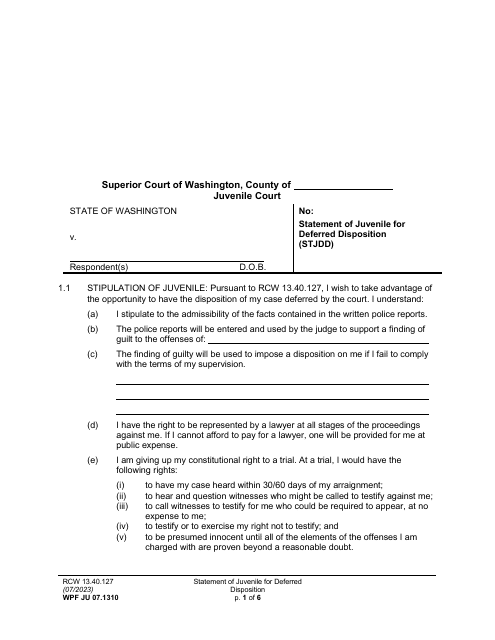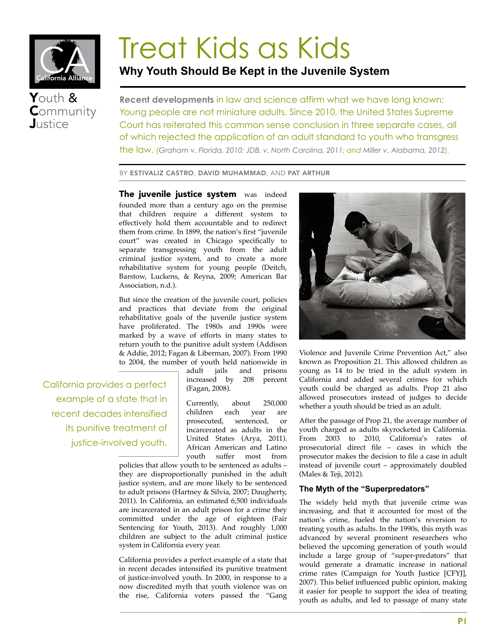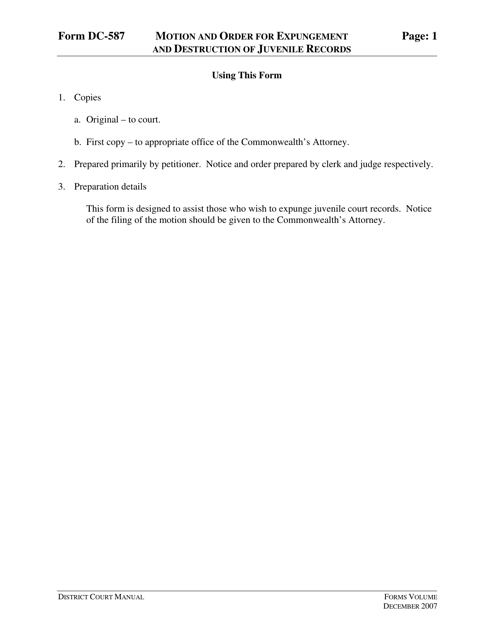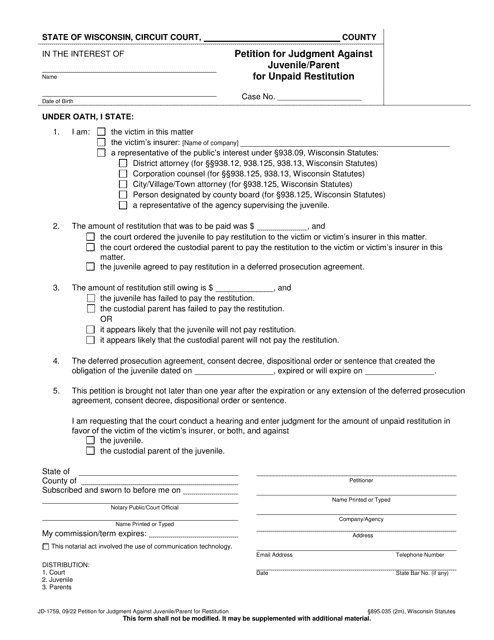Juvenile Justice System Templates
The juvenile justice system, also known as the youth justice system, is a legal framework that focuses on the rehabilitation and treatment of young offenders who have committed crimes. This system is designed to provide special attention to minors who have engaged in delinquent behavior, with the ultimate goal of reintegrating them into society as law-abiding citizens.
The juvenile justice system employs a variety of measures to address the needs of young offenders. One such measure is the use of informal adjustment agreements, which allow for the resolution of minor offenses without the need for formal court proceedings. These agreements provide an opportunity for the young person to take responsibility for their actions and make amends, while avoiding the potentially negative consequences of a criminal record.
In some cases, however, court intervention may be necessary. The juvenile justice system provides a range of forms and procedures to guide the legal process. These forms include continuance forms, which allow for the postponement of court hearings. Assessment forms, such as the MHSA004 form, help professionals evaluate the risk of suicide among young offenders and determine the appropriate interventions.
Another essential aspect of the juvenile justice system is the expungement and destruction of juvenile records. Instructions for filing a motion for expungement can be found in Form DC-587, which outlines the steps required to remove or seal records of past offenses. This process empowers young individuals to move forward and pursue a brighter future by not having their past mistakes hinder their opportunities.
Overall, treating kids as kids and keeping them within the juvenile justice system is critical for their development and rehabilitation. By focusing on age-appropriate interventions and support, the system aims to guide young offenders away from a life of crime and towards becoming productive members of society.
Documents:
11
Form JV-751 Citation and Written Notification for Deferred Entry of Judgment - Juvenile - California
This form is used for issuing a citation and written notification for deferred entry of judgment in juvenile cases in California. It provides information about the legal process and obligations for both the juvenile and their legal guardians.
This form is used for the continuance of juvenile delinquency cases in California. It is used to request an extension for the court proceedings related to the case.
This form is used for assessing the risk of suicide in individuals in the state of Florida. It helps to identify and evaluate the level of danger for potential self-harm or suicide.
This form is used for recording the disposition in cases of juvenile delinquency in the state of California. It helps to document the outcome or resolution of the case.
This form is used for determining eligibility for Deferred Entry of Judgment-Juvenile in California.
This form is used for reporting the apprehension of a juvenile in the state of Georgia. It captures important details about the incident and helps law enforcement agencies maintain a record of juvenile arrests.
This form is used for creating an informal adjustment agreement in Georgia. It is a document that outlines the terms and conditions agreed upon by the parties involved in an informal resolution of a juvenile offense.
This document argues for keeping youth in the juvenile justice system and treating them as children, rather than trying them as adults. It emphasizes the importance of providing rehabilitation and age-appropriate interventions for young offenders.
This document is used in Virginia for filing a motion to expunge and destroy juvenile records. It provides instructions on how to complete the form accurately.
This form is used for filing a petition in Wisconsin to seek a judgment against a juvenile or their parent for unpaid restitution.

